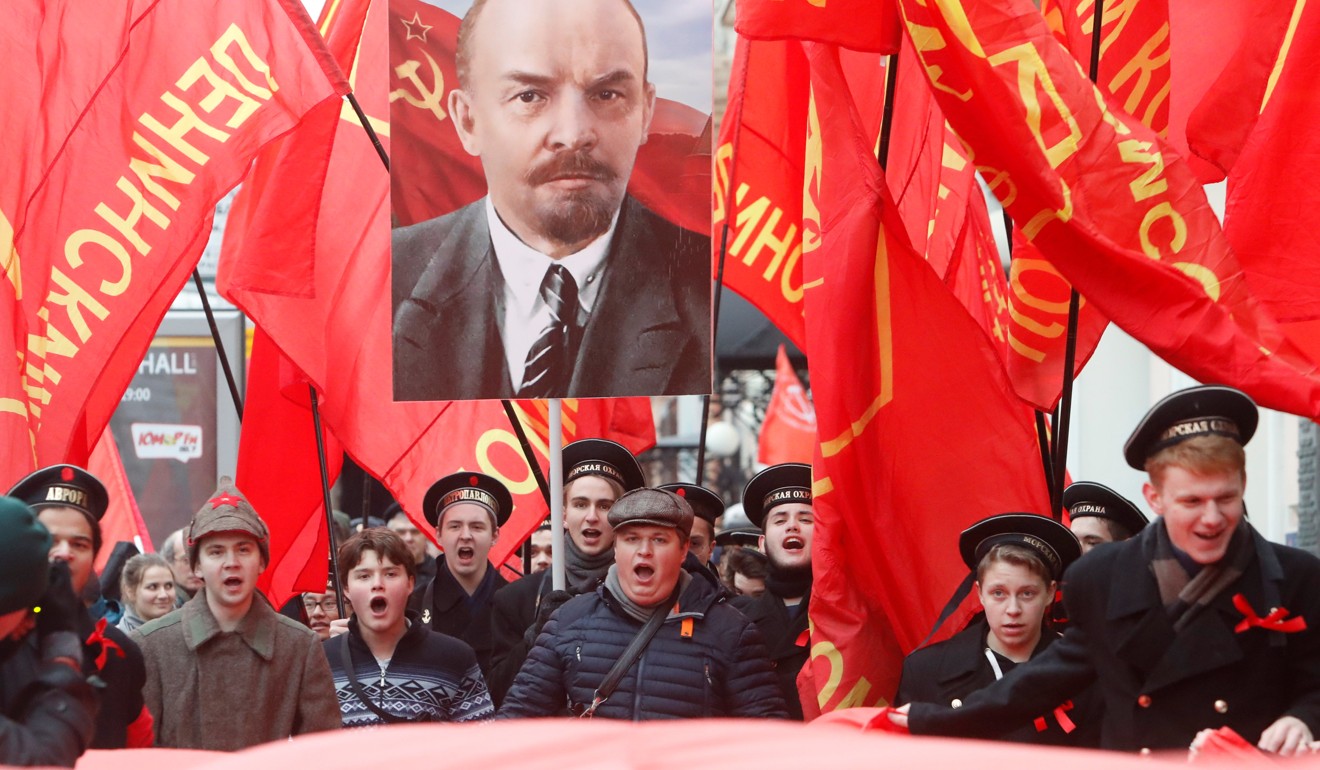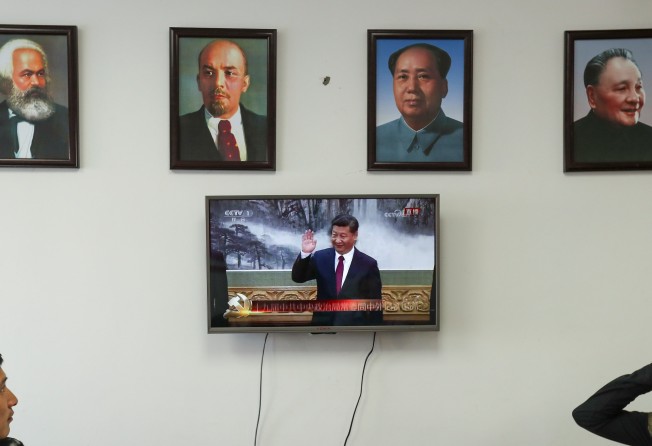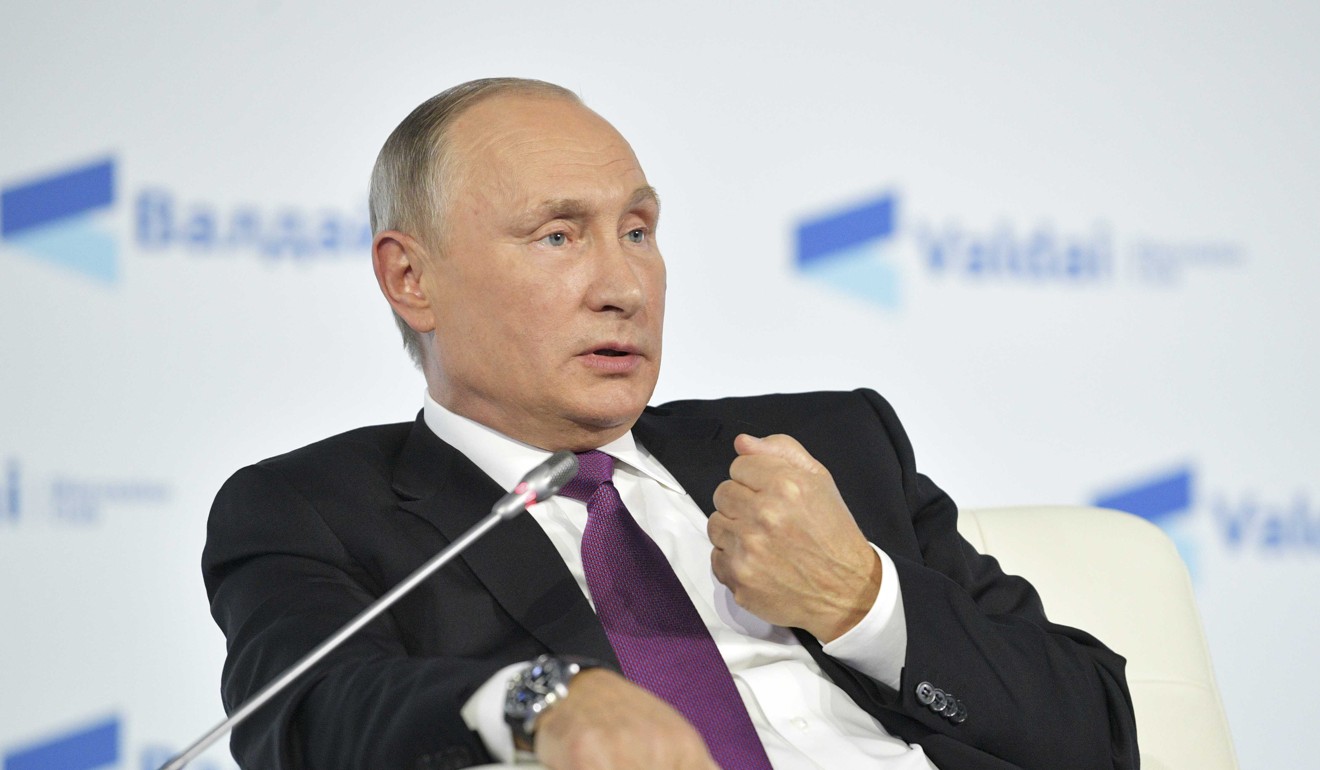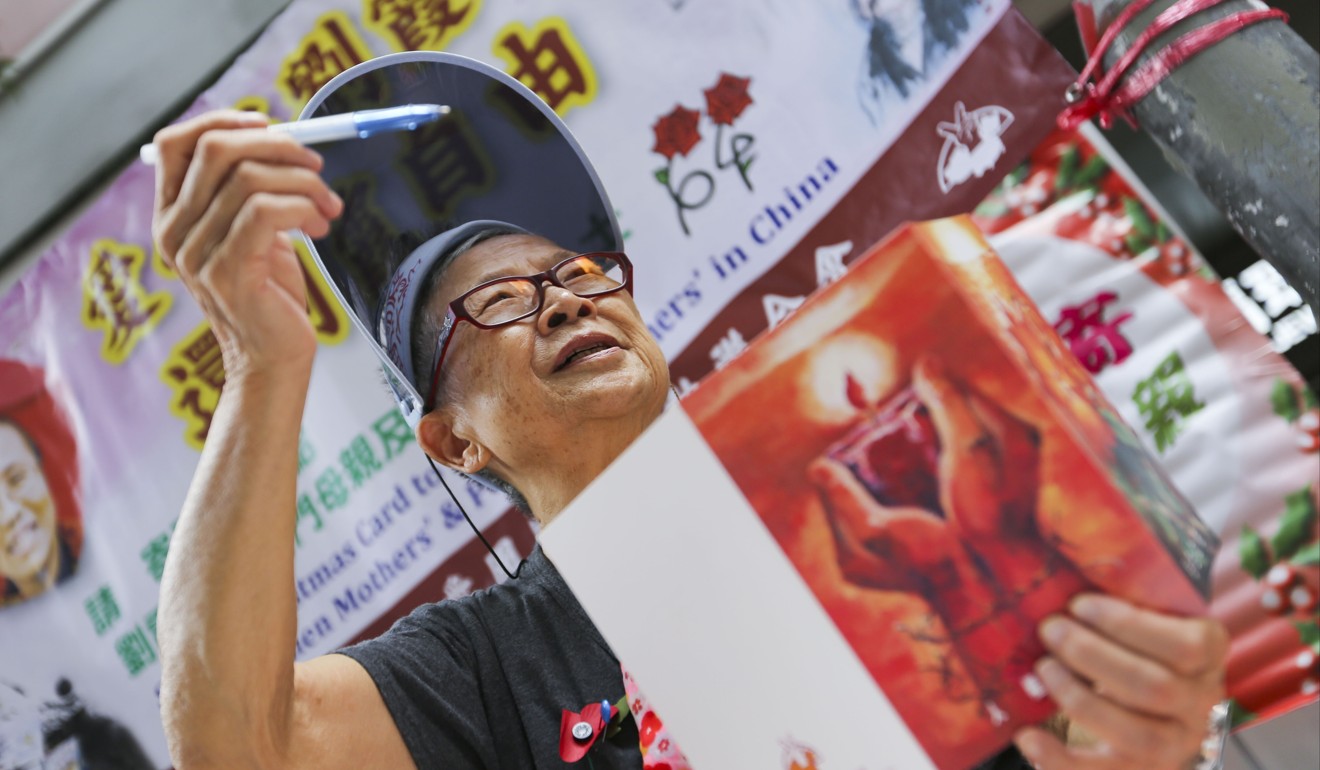
How ‘Communist’ China has embraced capitalism but remains Leninist at heart
Cary Huang says that on the 100th anniversary of the Russian revolution, Beijing’s silence on Lenin’s legacy displays both a rejection of his economic priorities and an embrace of a totalitarian authority

No foreign politician or event in the past century has changed China’s economic and political configurations as profoundly as Vladimir Lenin, the founder of the Soviet Union, and his Bolshevik revolution.
Leninism and the outbreak of the Russian revolution in 1917 have a causal relationship with the birth of China’s Communist Party in 1921 and the founding of the People’s Republic of China in 1949. As Mao Zedong said: “The salvoes of the October revolution brought Marxism-Leninism to China.”
But the world’s largest, most powerful Communist Party has turned a cold shoulder to this momentous event, even though Leninism is enshrined as the party’s official ideology. The centenary anniversary, on November 7, went all but unnoticed in the world’s last major communist-ruled nation, with no official events.

Leninism has played a much greater role in China than the original theories of Karl Marx and Friedrich Engels, for the Russian leader’s interpretation of Marxism inspired Mao to launch the peasant uprising and agrarian revolution. His dogma on the organisation of a revolutionary vanguard party, the revolutionary mobilisation of the masses against “exploiters” and “oppressors”, as well as on the dictatorship of the proletariat, helped shape Mao’s philosophy of rule and transform China. The wholesale execution of enemies inspired Mao’s brutal dictatorship and his launch of the Cultural Revolution under the theory of “continuous revolution under the dictatorship of the proletariat”.
Though President Xi Jinping has positioned himself as heir to the glorious Russian revolution on many occasions, his leadership is low-key on the historic event, encapsulating Beijing’s changing approach towards this unwelcome history.
Four takeaways of China’s 19th Party Congress
China has come a long way from its revolutionary past since Deng Xiaoping’s free-market reforms put an end to Mao’s terrifying Leninist experiment in utopia. Today, it is all the more ridiculous to call an economy, the world’s second-largest, “socialist” when 70 per cent of it is privately owned, when it hosts the world’s largest army of billionaires, or when it grapples with issues such as a debt crisis, stock market woes and a real estate bubble.
It is also diplomatically unwise to celebrate a foreign event and pay respects to a foreign politician with a conflicted legacy in his home country. Xi apparently did not want to offend his Kremlin friend, Vladimir Putin, who rejected any official ceremony on the anniversary and has publicly denounced Lenin.

The most embarrassing question facing China’s leadership is the ultimate accomplishment of the Bolshevik movement, and also the Chinese revolution, in putting an end to the practice of exploitation and oppression in society.
China is among the most exploitative nations in the world as measured by its wide wealth gap and income inequality.
China is now ranked very low in indices relating to political freedom, such as in freedom of speech, association and assembly. For instance, last year it ranked 141 out of 159 in the human freedom index, compiled by the Washington-based Cato Institute, and 176 out of 180 in the index of press freedom by Reporters Without Borders.

China is now more a Leninist capitalist state than a Marxist socialist one, as its burgeoning middle class, calculated to reach 800 million in one or two decades, jumps aboard the capitalistic consumerism train under the stewardship of communist totalitarianism – Leninism’s lasting legacy.
Cary Huang is a senior writer at the Post